In a general overview, Romania’s security was managed by the secret police agency of the Socialist Republic of Romania. Before this, prior to the communist regime, Romania’s secret police was known as Siguranța Statului. On August 30, 1948, it was established with the assistance of the Soviet NKVD, while Romania was effectively under the occupation of the Red Army. After the overthrow of Nicolae Ceaușescu in 1989, the new authorities transferred the various intelligence duties of the DSS to new institutions. The Securitate, relative to Romania’s population, was one of the largest secret police forces in the Eastern Bloc. The first Securitate budget in 1948 allocated 4,641 positions. In this section, we aim to discuss security in Romania for those planning to live or migrate to Romania. So, stay with us until the end of this section.

Security in Romania
In today’s world, where all information is exchanged in a virtual environment, security has taken on another dimension. In this section, we will examine Romania’s security in the cyber domain. Romana Nita, Romania’s representative for cybersecurity matters in Brussels, is in a unique position to observe and analyze on-the-ground events in Romania, as well as political and strategic decisions in Brussels and the emerging relations between Brussels and Bucharest. The establishment of a cybersecurity center is of great importance for Romania. A task force has been set up to ensure logistical and administrative arrangements, enabling the center to become operational as soon as possible. Romania, through its industrial and academic community, which has long been recognized internationally, is technologically strong.
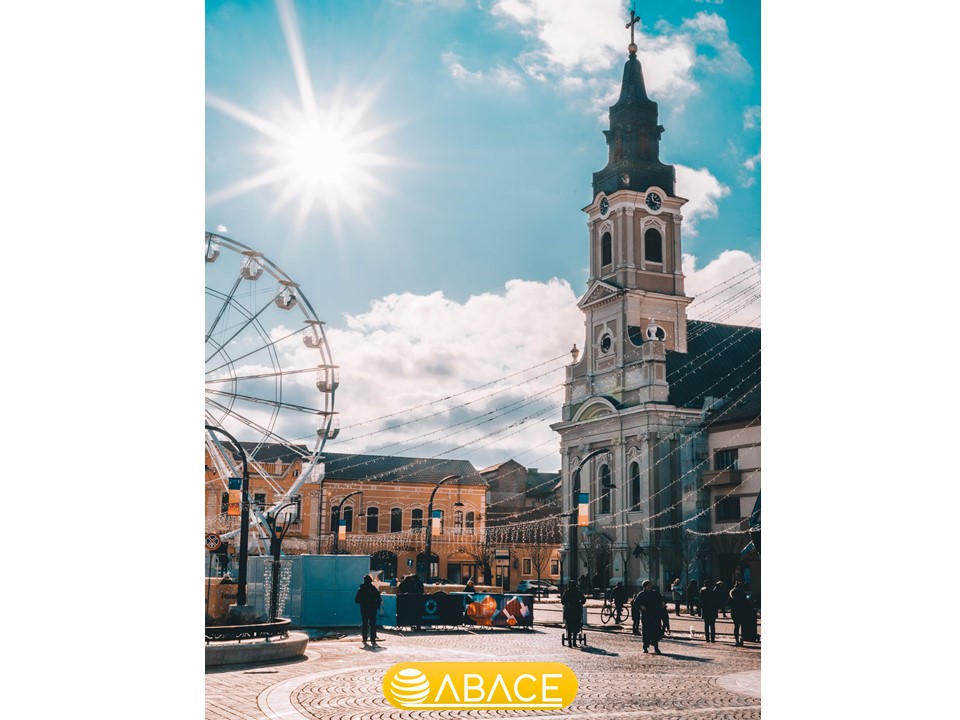
General Directorate of Technical Operations of Romania
The General Directorate of Technical Operations (DGTO) was an inseparable part of Securitate’s activities. Established in the mid-1950s with assistance from the KGB, the DGTO monitored all voice and electronic communications in Romania to maintain the country’s security. The DGTO intercepted all telephone, telegraph, and telex communications entering or leaving the country. Secretly and covertly, microphones were placed in public buildings and private residences to record ordinary conversations between citizens. These actions were widely regarded as a violation of citizens’ rights and were not universally accepted. However, this organization was created to manage and analyze all information and communications exchanged through any means, resulting in stringent security in the country.
The Counter-Espionage Directorate monitored foreigners, particularly Soviet nationals, to control their interactions with Romanian citizens and prevent malicious activities. It imposed various restrictions to prevent foreigners from residing with ordinary citizens, accessing foreign embassy complexes, or seeking asylum. Foreigners were required to report any contact with locals to Romania’s security centers within 24 hours.
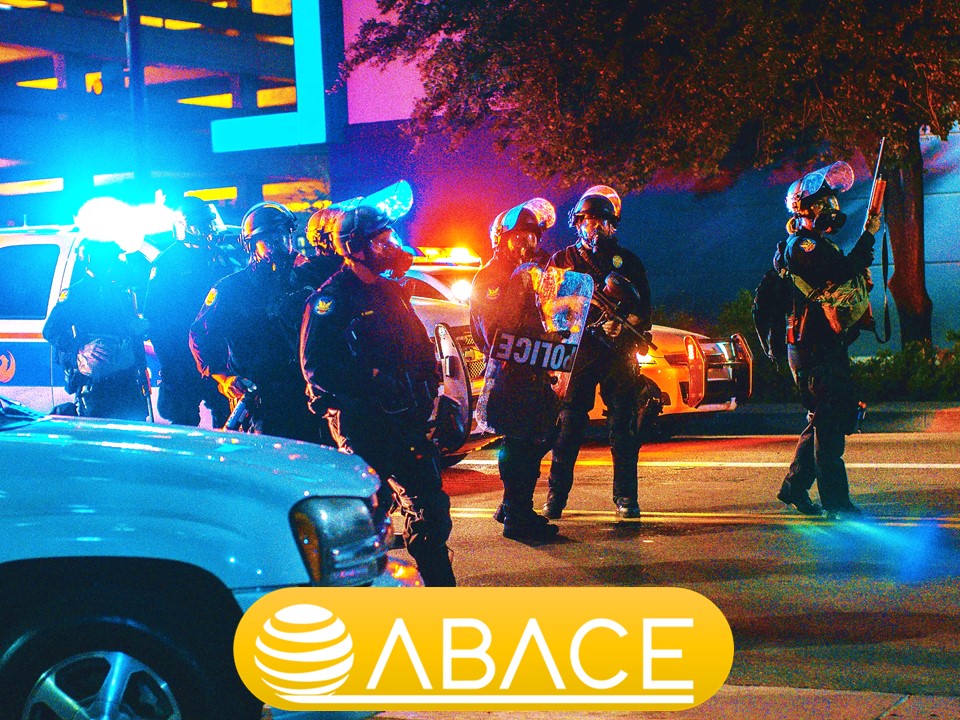
Romanian Internal Security Directorate
Internally, Romania’s Security Directorate was initially tasked with overseeing activities within the Romanian Communist Party (PCR). However, after Ion Mihai Pacepa’s defection in 1978 and his revelations about the Ceaușescu regime, including collaboration with radical Arab groups, extensive industrial espionage targeting the U.S., and meticulous efforts to gain Western political support, the Securitate’s international influence and espionage activities only intensified. This caused significant anger for Ceaușescu. To address this issue, the entire directorate was reorganized and accused of rooting out opposition within the PCR. A highly secret unit composed of forces loyal to Ceaușescu personally was established to oversee and maintain security. At that time, nearly all the focus of Romania’s Security Directorate was on controlling foreign forces, particularly those related to Ceaușescu.
The Directorate of Penalties managed Romania’s prisons, which were notorious for their horrific conditions. Prisoners were routinely beaten, deprived of medical care, had their letters confiscated, and sometimes even administered lethal doses of poison. This directorate was also responsible for issuing visas and passports for entering or leaving the country. The National Visa and Passport Commission controlled all travel and migration to and from Romania.
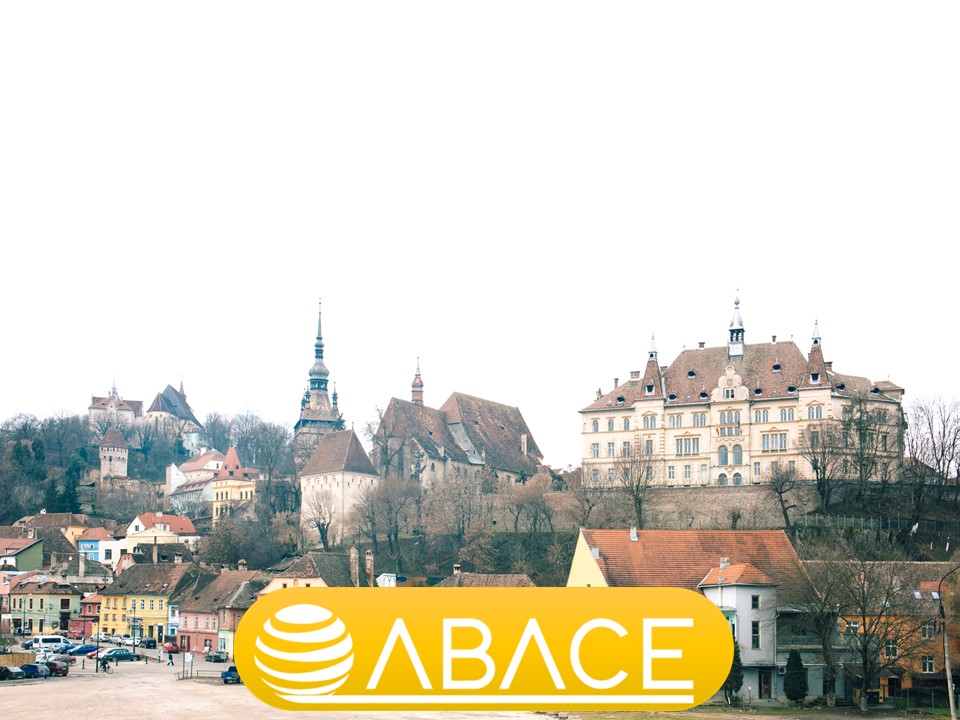
Head of Security Forces
In the military sector, to maintain Romania’s security, a directorate called the Security Forces Directorate was established. This military directorate operated as a 20,000-strong paramilitary force for the government, equipped with artillery and armored personnel carriers. The security forces selected fresh and specialized recruits from this directorate annually, which the armed forces utilized. Internally, Romania’s police handled general duties, including law enforcement such as traffic control and issuing internal identification cards for citizens. The security forces, organized in the late 1940s to defend the new regime, had 20,000 soldiers by 1989. These paramilitary forces were elite, trained troops.
Romania’s security forces were directly accountable to Ceaușescu through the Minister of the Interior and were responsible for maintaining the country’s security. Their duties included securing administrative buildings such as central offices, radio stations, and television stations. In essence, these forces functioned as a dedicated army, likely established by the Ceaușescu regime to protect itself against military coups and other challenges. They also protected these institutions from suppression, uprisings, or strikes against the regime.
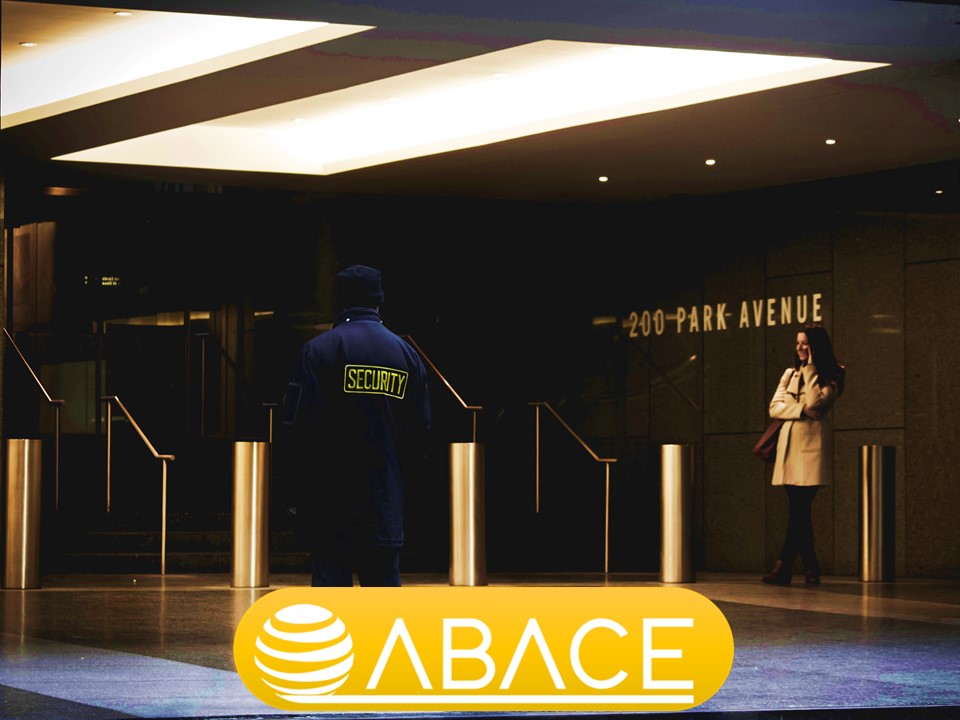
Romania’s Cybersecurity
Cybersecurity is a critical aspect of Romania’s security that requires further attention. Stay with us as we delve deeper. This center also provides opportunities to reduce product costs and facilitate easier access to the investment community, offering significant support to small businesses, for example. The center also reflects the competencies and values that are highly important to Europe. It fosters collaboration among all stakeholders, providing access to resources for academic and industrial researchers. In the 1980s, the Securitate launched a large campaign to suppress opposition in Romania through malicious rumors (such as alleged contacts with Western intelligence agencies), intrigue, deception, public convictions, and encouraging conflicts among segments of the population to manipulate Romanian citizens.
Although many may not have been aware of this previously, one compelling argument for Bucharest’s successful bid is that Romania has a strong digital mindset, a robust cybersecurity system, and excellent digital infrastructure. Romania is one of the best-connected countries in Europe. Additionally, Bucharest is one of the top cities in terms of connectivity and hosts many large companies. In short, it is one of the best cities not only in Europe but in the world, making it suitable for those active in the virtual space.
Information Technology in Romania
Stelian Brad, based outside Bucharest, is the president of Cluj IT and a professor at a university in Cluj-Napoca in northwestern Romania. Cluj-Napoca has the largest community of IT experts outside Bucharest, but in terms of density, it has the largest community. With over 20,000 IT specialists and more than 1,200 IT companies located in the city, including many globally active firms, as well as dozens of universities with over 100,000 students, Cluj-Napoca collaborates closely with Bucharest and other communities beyond Romania. It is a city of cluster initiatives with a strong culture. To establish a competency center, an organization, particularly a network aligned with a common goal, is needed—expertise that Cluj-Napoca can contribute to. For example, a national framework for technologies has recently been established.
As previously mentioned, the community is one of the most critical components. Cluj IT drives innovative ideas for small businesses through the H2020 cyberGEIGER project. This cluster is both an organization and a network that can serve as a model for the center’s operations. It adopted a bottom-up approach to shift the paradigm from services to intellectual innovation, compelling competitors to collaborate on specific initiatives. This opened new windows of opportunity, drawing attention at the European level.
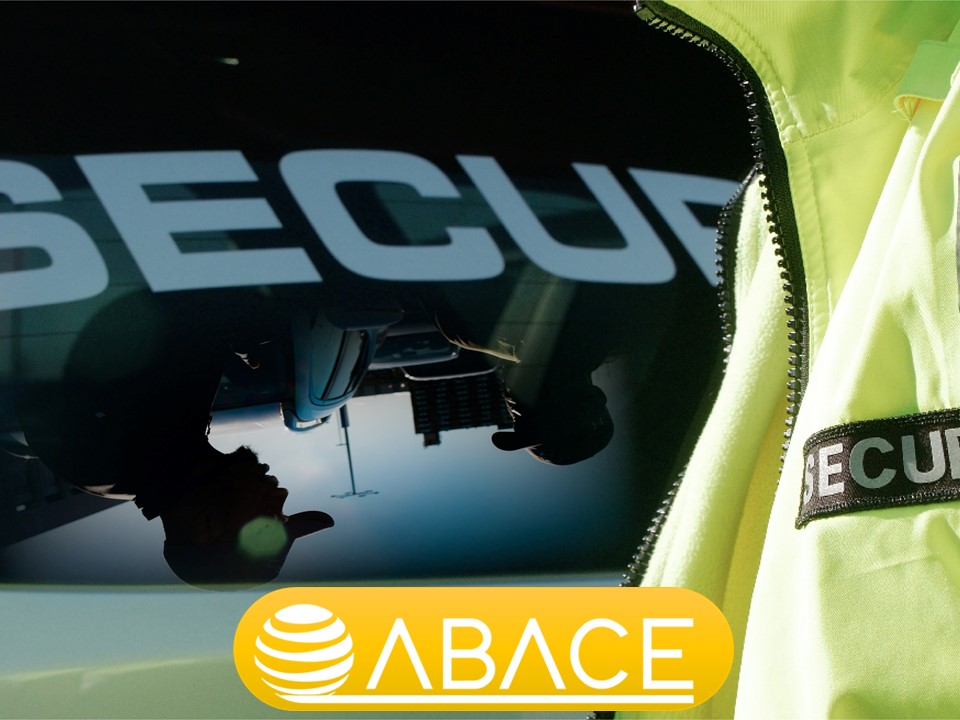
The security role of society in Romania
Monica Florea, with Romania’s IT sector and close ties to Brussels, has a long-standing technical and commercial relationship and has witnessed the growing role of the community in Romania over many years. To lead and oversee European projects, Monica was appointed president of SIMAVI, a spin-off of SIVECO that covers a wide range of fields and is engaged in innovative research projects. It has participated in 30 Horizon projects across various domains. Indeed, SIMAVI plays a significant role. As mentioned, security in sectors such as health, technology, energy, and others is of great importance. Coordinating and maintaining security in these sectors is a challenging task, and this organization is responsible for it.
Another function of the organization is its involvement in e-learning and security-related e-learning using augmented reality and games. As a company, SIMAVI/SIVECO is eager to enhance public-private collaboration, as well as cooperation among policymakers, academics, and cybersecurity specialists through the center. Monica sees no significant distance between Brussels and Bucharest, considering both her home. If Bucharest is far from Brussels, Pittsburgh is even farther.
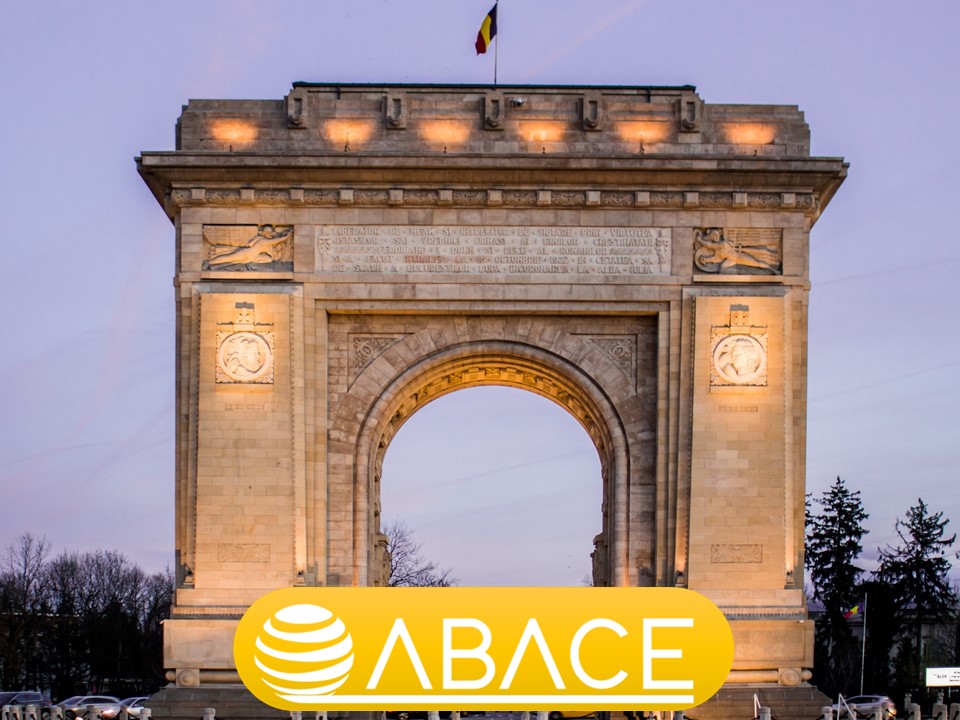
Road safety in Romania
Romania’s security in the transportation sector is very high. Generally, transportation is one of the most fundamental and important factors to consider when choosing a country for migration. As mentioned, Romania’s security in this sector is high because the country has excellent and comprehensive infrastructure. Additionally, the maintenance of highways and roads in this country is well-managed. Despite snowfall, all cities in Romania remain fully connected throughout the year. Therefore, it is recommended to travel between cities in this country using buses and other public transportation. However, for greater convenience, you can also use personal vehicles for both intra-city and inter-city travel.
In 2009, Romania’s urban, local, and county roads totaled 35,048 kilometers. Some county roads are gravel, while others are paved. Gravel county roads total 10,948 kilometers, while paved county roads total 24,100 kilometers. Local roads in Romania, which are also paved, total 6,043 kilometers. In some areas, roads are made of concrete, with a total length of 5,310 kilometers.
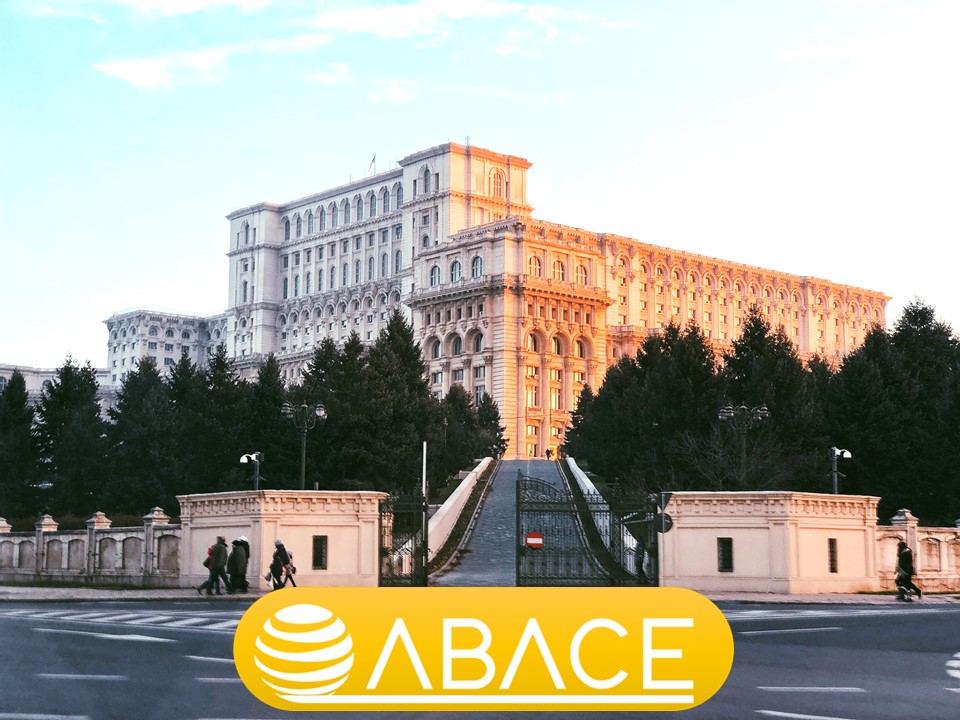
Romanian security forces
The Security Forces Directorate operated as a 20,000-strong paramilitary force for the government, equipped with artillery and armored personnel carriers. The security forces selected fresh recruits annually from this directorate. The police in this country handled routine duties, including law enforcement such as traffic control and issuing internal identification cards for citizens. They were an elite, trained paramilitary force. Romania’s military forces included units such as motorized rifle units, or infantry, and were equipped with light weapons, artillery, and organized armored personnel carriers. However, their mission was significantly different and lacked specific organization. While the situation has improved somewhat today, it still lags behind militarily powerful countries.
The security forces were directly accountable to Ceaușescu through the Minister of the Interior. It is likely that the Ceaușescu regime established these security forces as a private army to protect itself against military coups or other internal challenges. Their duties included addressing suppression, protests, or strikes against the regime. These forces were responsible for maintaining Romania’s security. To ensure complete loyalty among these troops, the number of political officers in the Security Forces Directorate was five times higher than in the regular army.
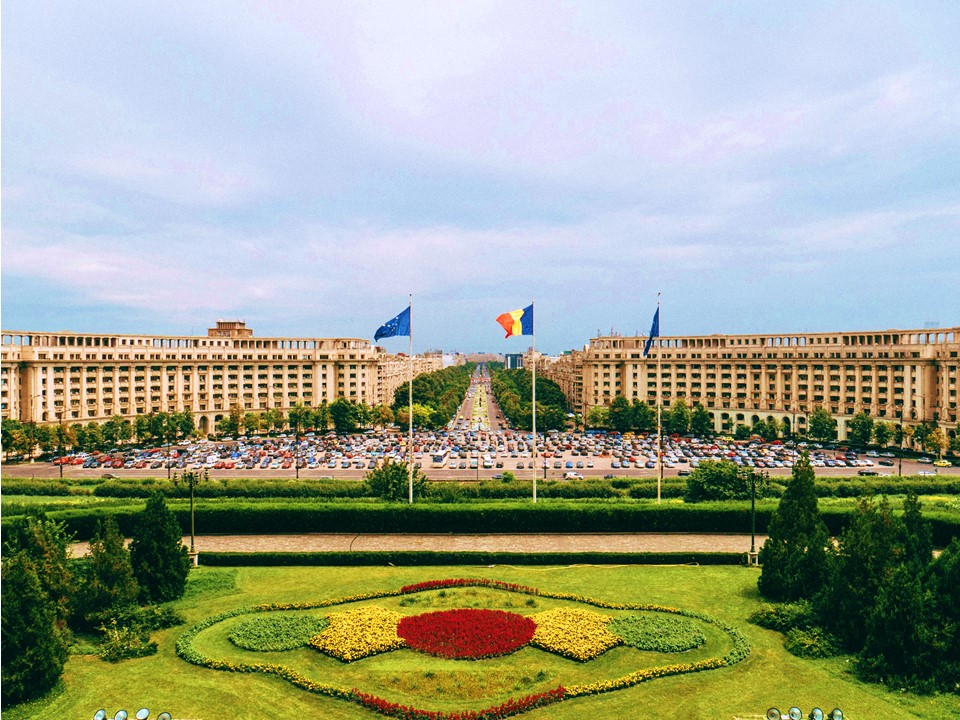
Family support services
One of the notable aspects of Romania’s security is family support services. Accordingly, measures have been taken to this end. In Romania, families with low financial means are provided with benefits and subsidies to support their households. It should be noted that these subsidies apply to vulnerable families. The purpose of these subsidies is to enable low-income families to raise their children until the age of 18. Thus, the assistance aims to increase family income to support raising children until they reach 18. However, specific conditions must be met to qualify for these subsidies. One condition is that the child must receive uninterrupted education and achieve a grade of 8 out of 10 in Romania’s education system. Additionally, no family member should have a monthly income exceeding 530 RON. Another condition involves the Social Reference Index (RSI), where the net monthly income per family member is calculated based on the number of family members and is currently set at 500 RON by the government periodically. Parents apply for these subsidies at municipalities. Romania’s security in the financial sector has also implemented effective measures.
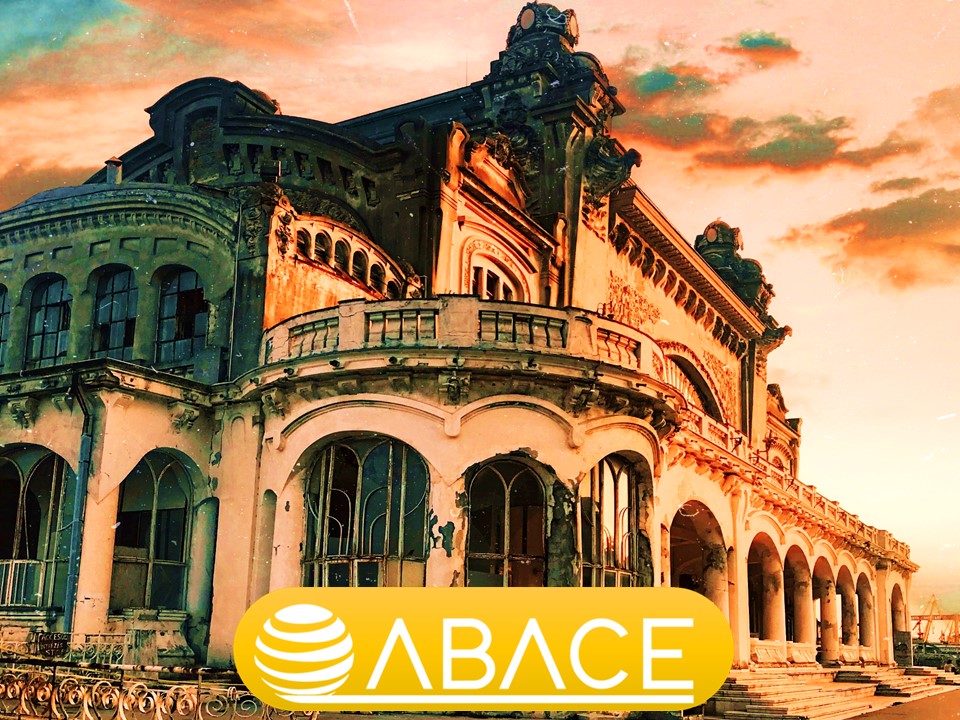
Is Romania a safe country?
This is the question we address in the final section of the article. Romania’s security in various fields has been examined throughout the article. One point about Romania’s security that we will mention further relates to the country’s economic situation. You may read in some texts that this country is poor or lacks good security. In this regard, it should be said that while Romania does not have an economy as strong as Western Europe and faces higher unemployment rates, with several million Romanians migrating after the opening of its borders with Europe, it can confidently be said that you will not feel unsafe anywhere in Romania. Therefore, we recommend not missing the opportunity to travel to Romania if you have the chance. It can be said that Romania is the most beautiful country in the Balkans.
For traveling to Romania, you can use Roiza Group services. Roiza Group has a decade of experience in this field. Romania’s security can be guaranteed, and there are no issues in this regard. Roiza Group specializes in migration and obtaining residency in Romania, so you can trust us.

